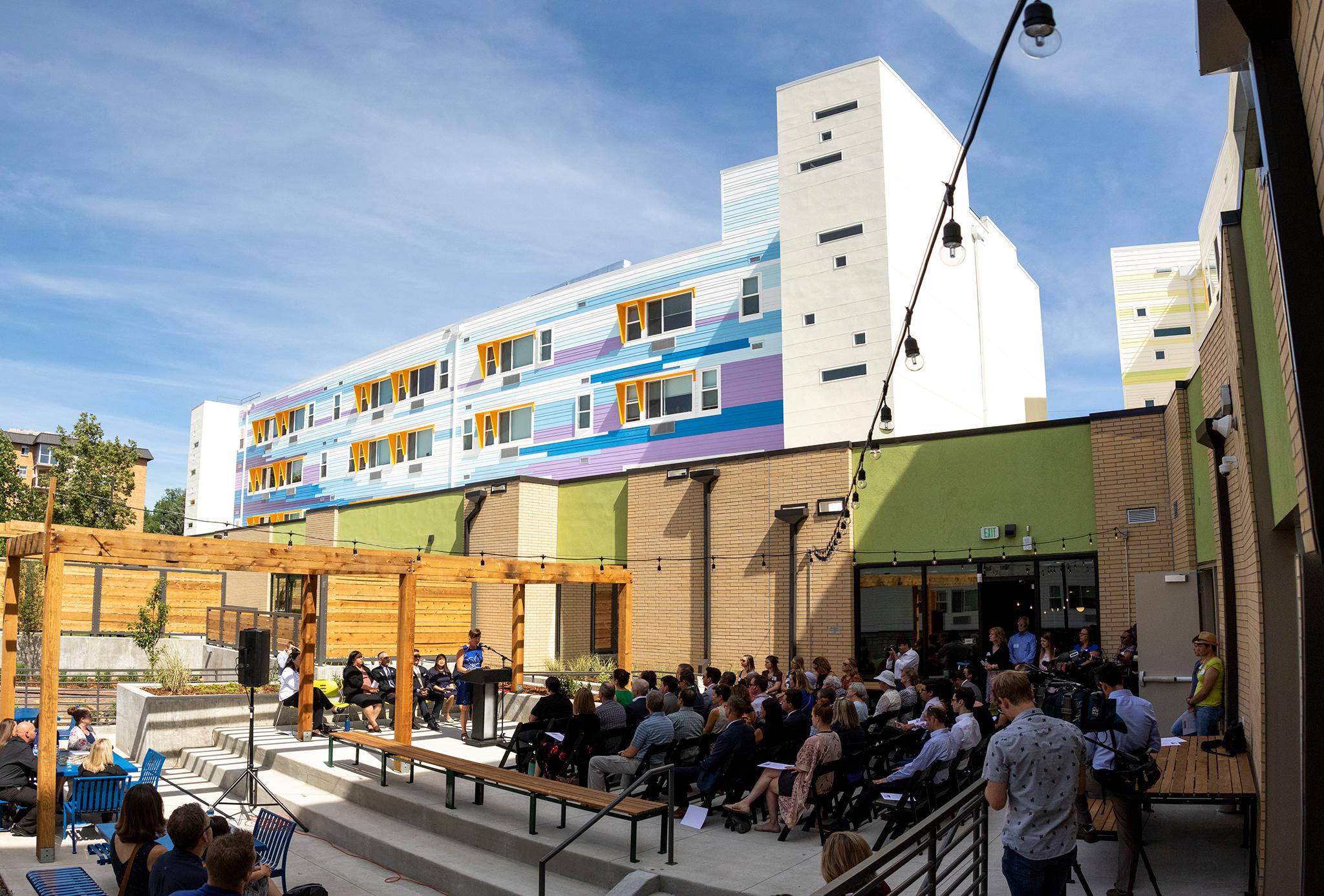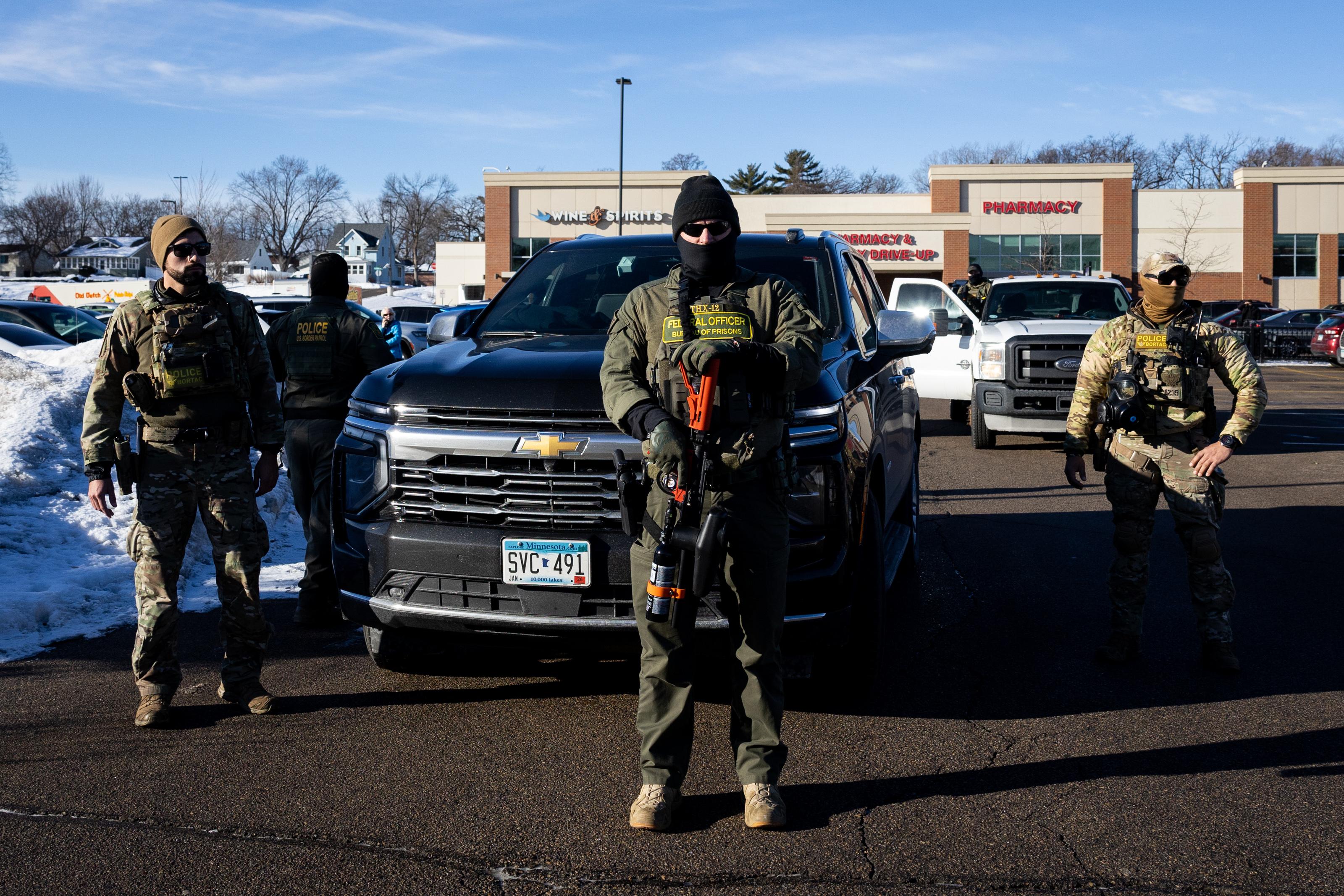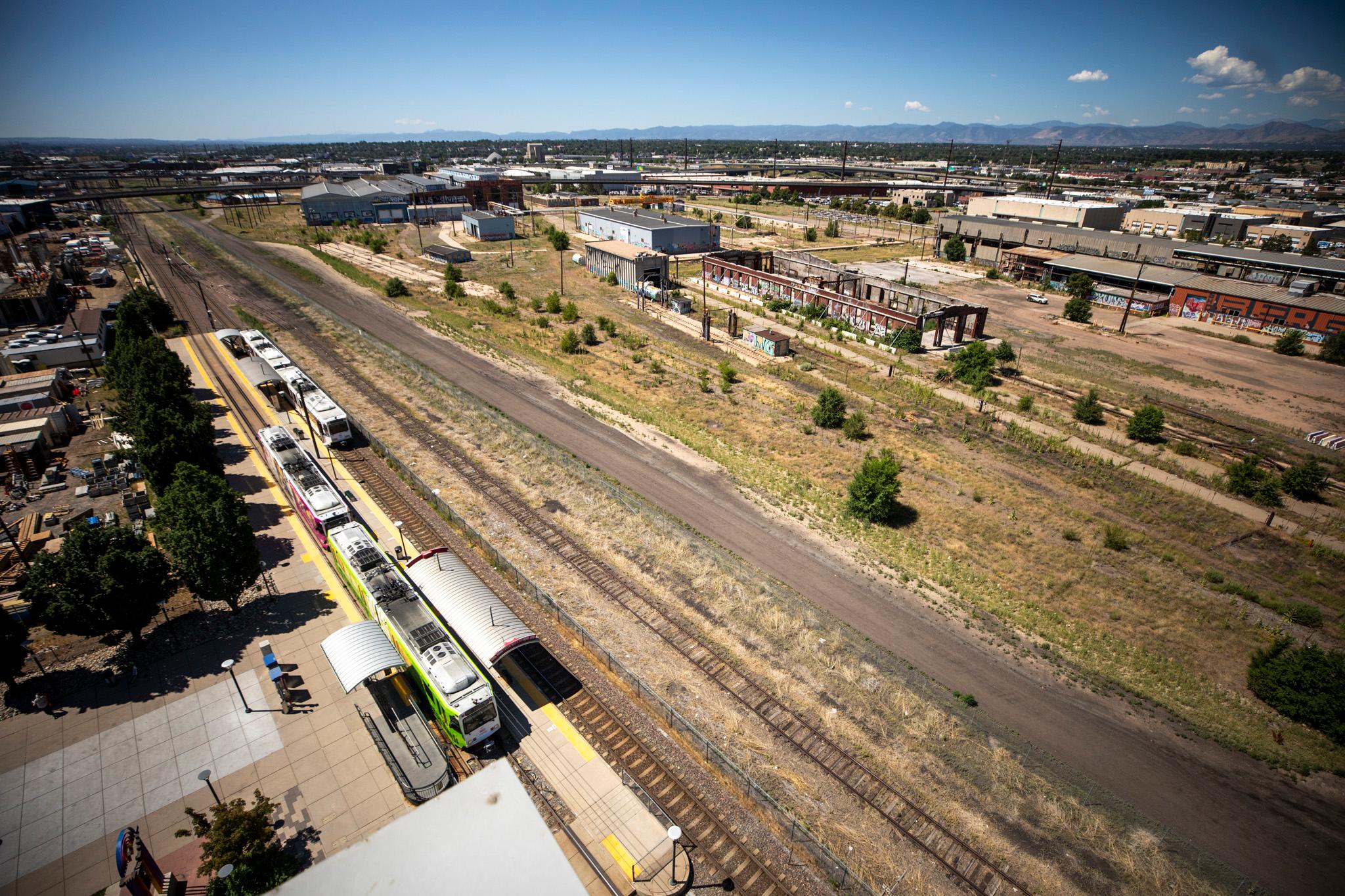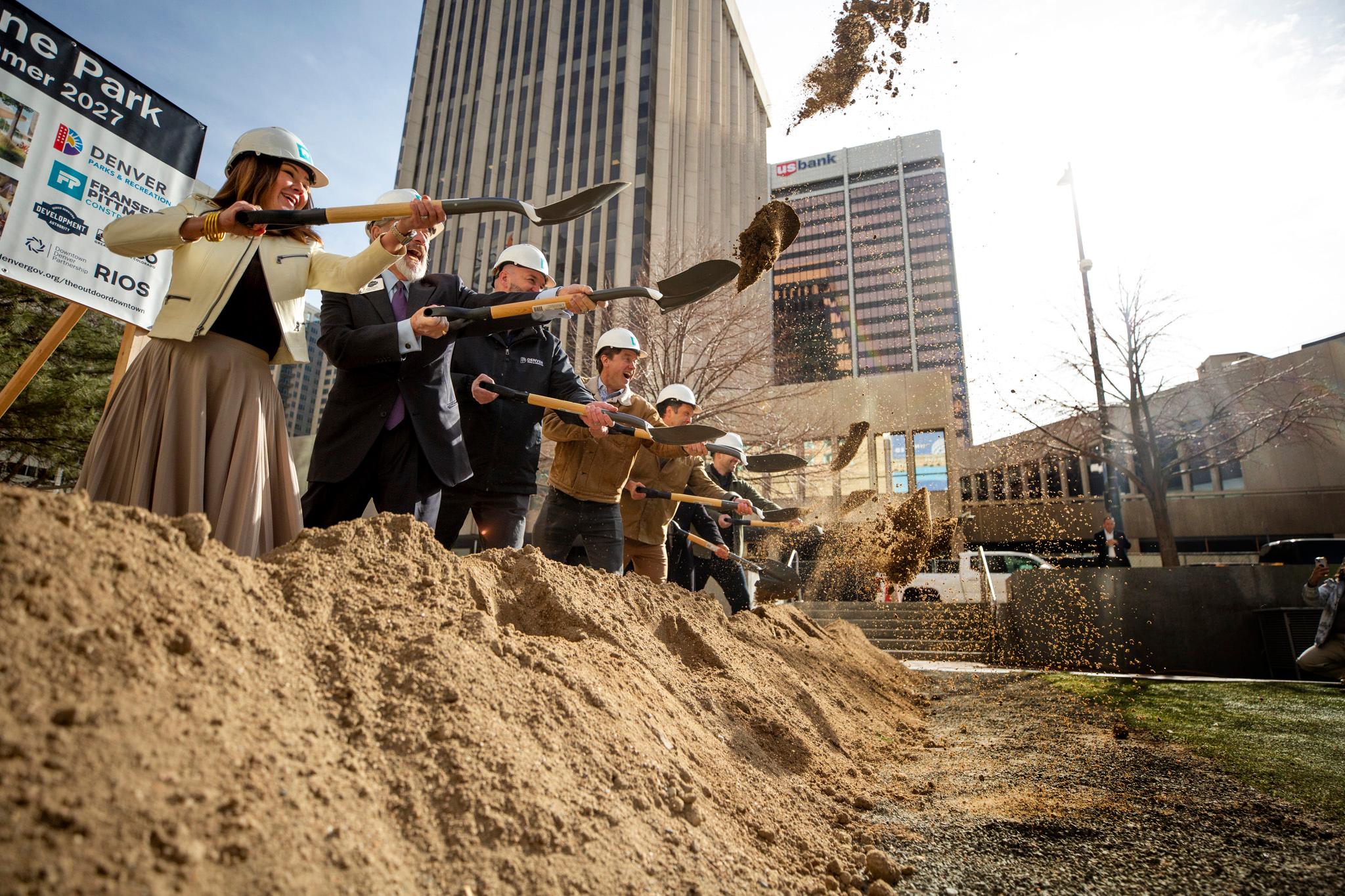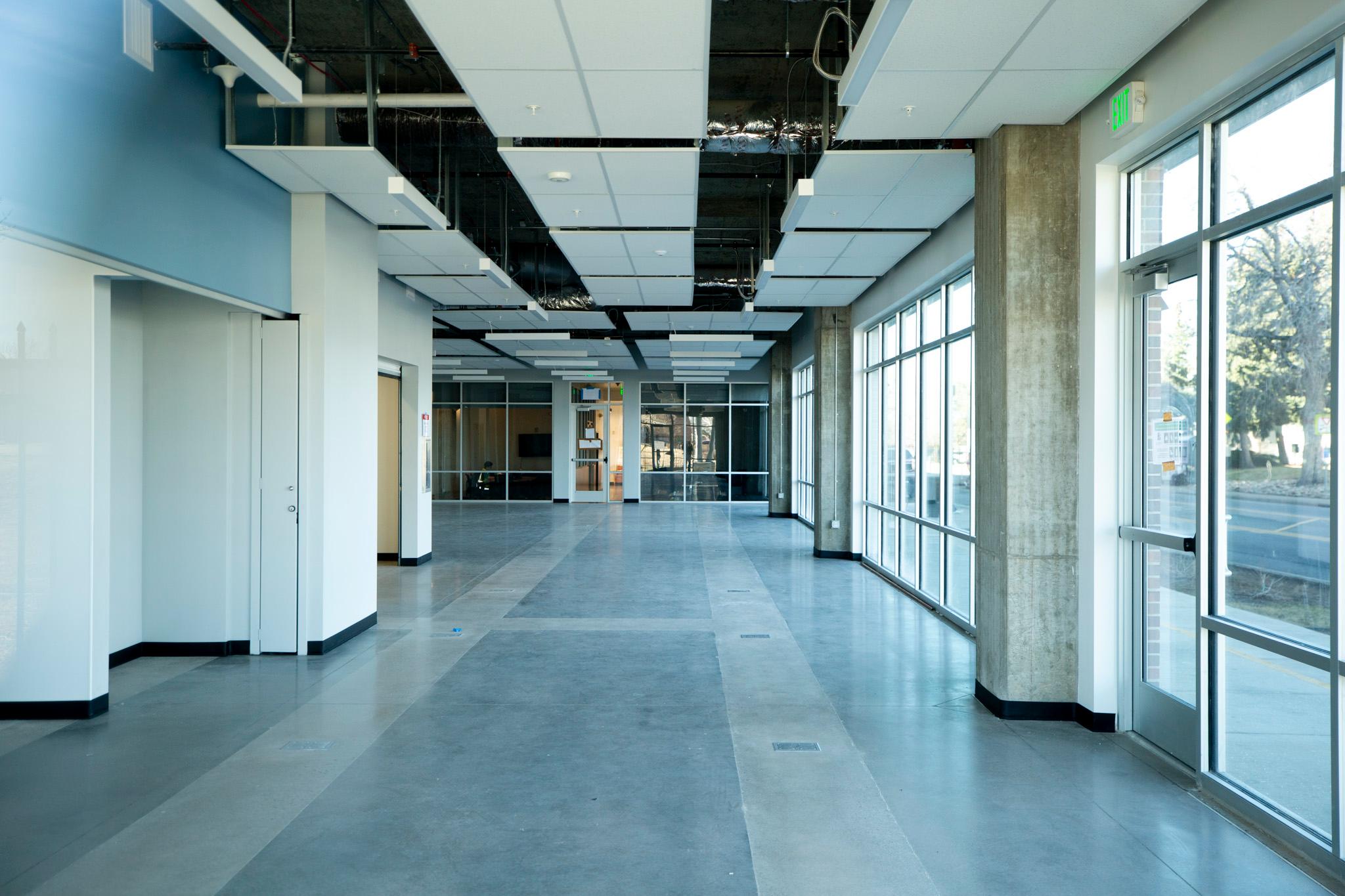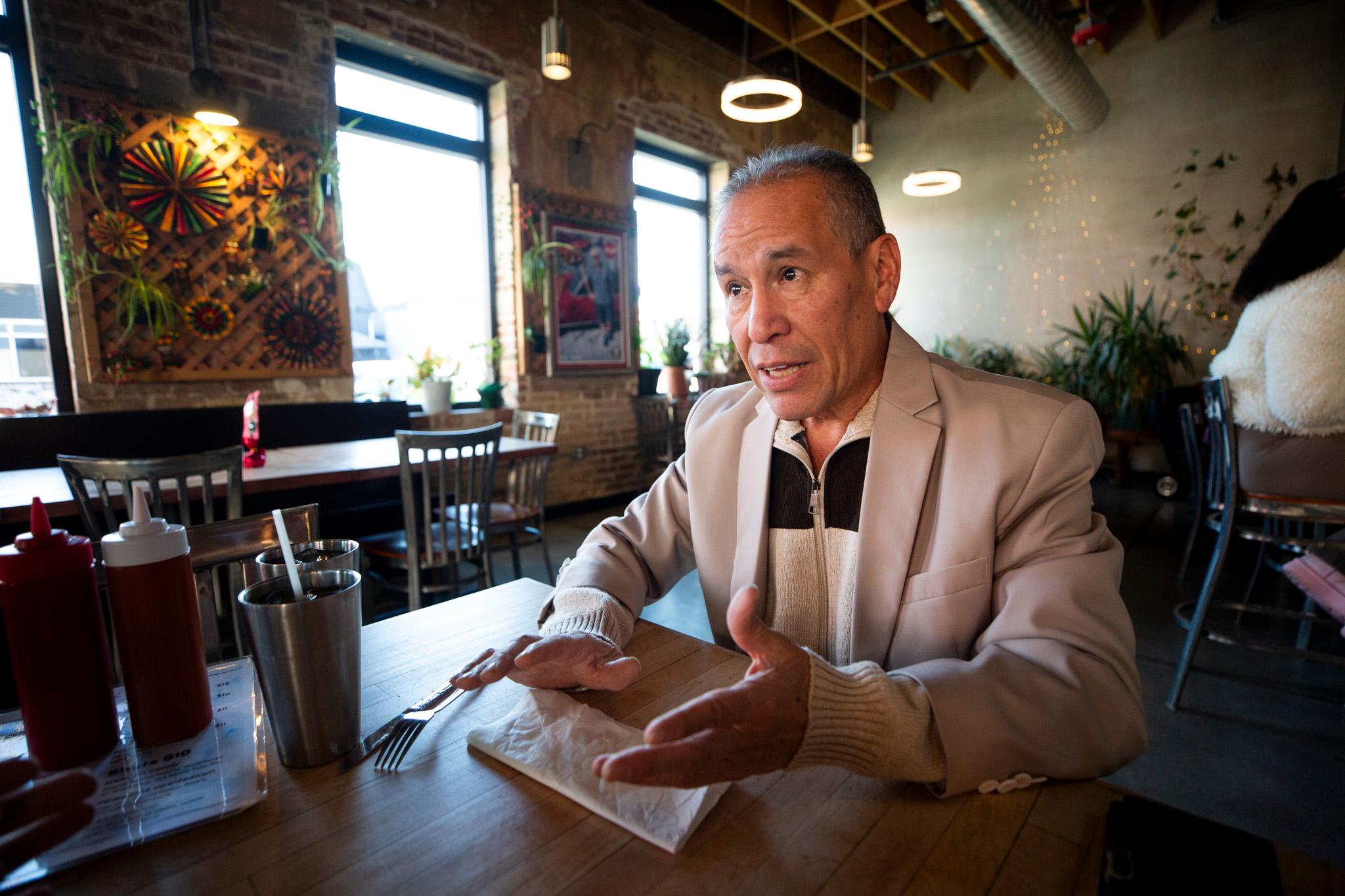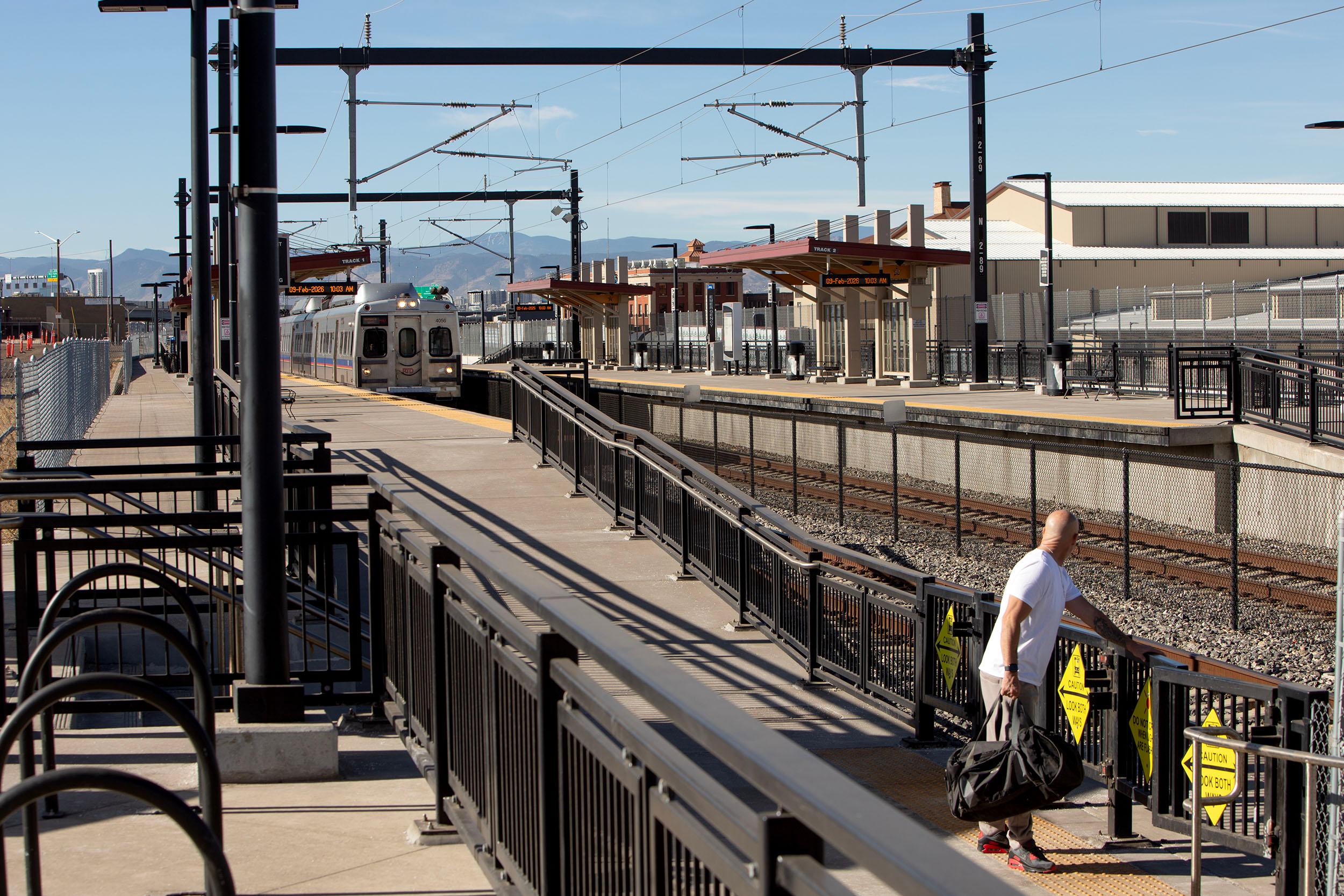If you're feeling the housing crunch in Denver, you're far from alone. The city doesn't have enough market-rate housing for people making near the area median income (which is $94,320 for a three-person household), or enough income-restricted housing for those making less than the area median income, and not enough homes for the 115,000 people who moved to town over the past decade and everybody else who already lives here.
Prices have shot out of reach for many and for those who can afford a home, there are far too few available. More than 5,000 Denverites are unhoused entirely, by Mayor Michael Hancock's estimate. The workers who make Denver are panicked about keeping roofs over their heads.
For the past year, the city has been working on a plan to push developers to help solve the issue. The Community Planning and Development Department and the Department of Housing Stability just dropped the second draft of their proposal, and the public has a chance to weigh in before City Council votes on it in the spring.
City officials aren't shy about admitting Denver's housing woes, and a lot of people are working on a fix.
Britta Fisher, the head of the Department of Housing Stability, put it like this in a recent statement: "One in three households in Denver struggles with housing costs, and 46,000 are paying more than half their incomes toward housing. These are our restaurant workers, childcare providers, and social workers - the people who make our city run."
The city has a lot of ways of addressing housing, from ramping up temporary housing in motels to using pandemic relief money to support new sanctioned campsites. Denver pays nearly $50 million a year on homelessness services. State lawmakers are looking at devoting $400 million of federal pandemic relief money to income-restricted housing. And nonprofit developers like the Urban Land Conservancy and quasi-government agencies like Denver Housing Authority are working on the issue too.
The Expanding Housing Affordability draft proposal is specifically focused on making developers who are building in the city do more to help fix the housing shortage by increasing supply. The city released a draft in the fall, and the public has had a chance to weigh in. A second draft was released in early February, and you have until March 14 to weigh in.
Here's what the proposal aims to do.
The plan is an attempt to create more mixed-income housing throughout Denver to help keep working people -- from teachers to firefighters to restaurant servers -- in the city. The goal is to ensure that all new development in Denver somehow leads to more affordable housing, through either a linkage fee or building more affordable housing. This new proposal would raise linkage fees and alter how much developers are doing.
"Mandatory affordable housing ties the creation of new market-rate housing (commonly serving higher income households) to the creation of affordable housing, resulting in mixed-income developments and neighborhoods citywide," according to a summary of the plan. "Understanding that these policies will have an impact on home builders, the proposal includes zoning and financial incentives to increase the supply of housing and mitigate costs."
There are multiple options for builders, based on the cost of the area that a new project is being built in and the AMI the income-restricted housing is dedicated to aiding. The lower the AMI being served, the fewer homes that need to be designated as income restricted. The numbers the city's proposing are summarized here.
Developers will also be incentivized to devote more of their projects to income-restricted housing with permission to build higher than zoning permits allow, with parking exemptions near transit, and with special permit reviews (when staffing allows).
Not all developers want to build new income-restricted housing, and depending on the type of project, some can't. They will be required to pay a linkage fee.
So, what's a linkage fee?
Few things make most people's eyes glaze over like jargony words like "linkage fees." But when developers hear it, they perk up and get organized. Because when they have to pay a linkage fee, that means project costs go up and profits might go down.
A linkage fee is a one-time fee that developers have to pay when they're building certain types of projects. In Denver, the money goes to the city's Affordable Housing Fund, which pays for new income-restricted housing.
Compared to cities like Austin and Boston, Denver has relatively low linkage fees -- between 44 cents and $1.86 per square foot, depending on the project. The city wants to increase those fees by up to four times in the years to come for most types of development.
Doing so would pump more money into building new income-restricted housing. The risk in hiking the fees: Some developers claim they would quit building in the city altogether.
Colorado law only permits a municipality to require income-restricted housing if developers have other options. Here's what the proposal includes:
Developers would be able to pay a "fee in lieu" instead of the affordable units required. Those would cost between $250,000 and $478,000 and would be based on whether the units were for rent or to own and how expensive the market area was.
The proposal also includes "discretionary agreements" developers could strike with the city that would benefit Denver's housing goals. Those might include offering land for an income-restricted housing project instead of building a certain number of units, building an off-site income-restricted housing project or adding family amenities, more bedrooms, etc.
In theory, permitting these sorts of agreements would allow the city some flexibility to strike beneficial deals that fall outside the general practices but add to the city's attainable housing stock.
So what's next?
Community Planning and Development and the Department of Housing Stability are presenting the proposal to City Council's Land Use Committee over the next three weeks and taking public feedback online and at various community meetings.
Once feedback has been gathered, the city will present a third draft by the end of March.
For more information about ways to participate and a full draft of the proposal, visit Expanding Housing Affordability online.

